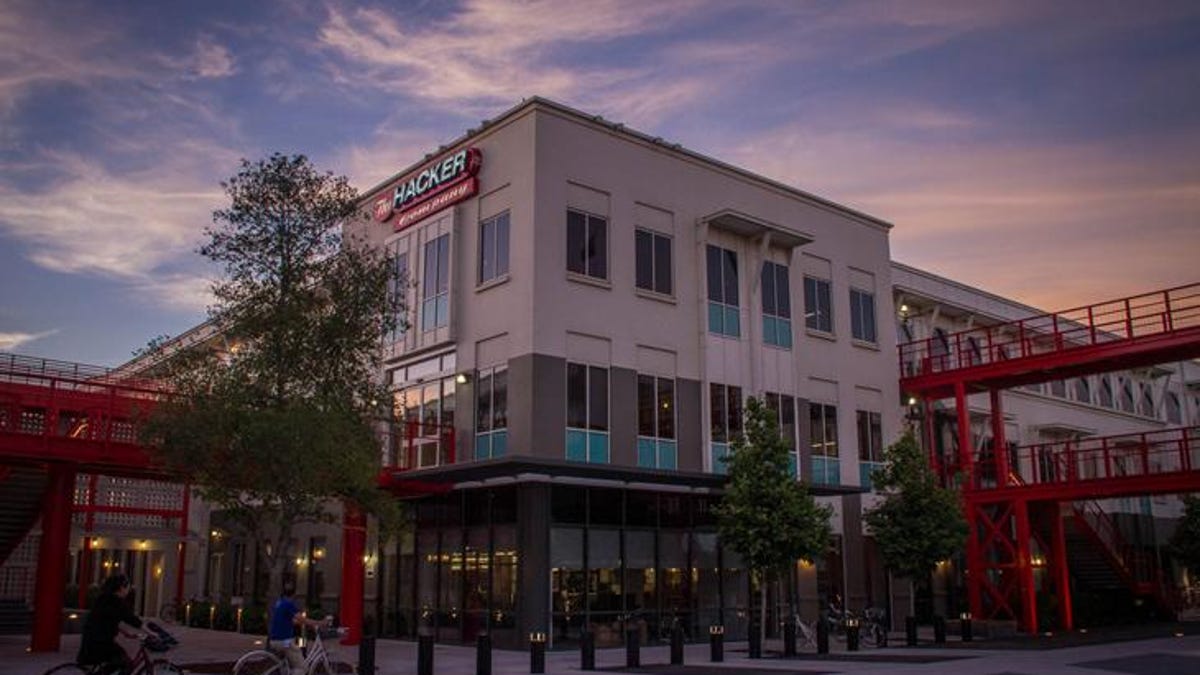Facebook, Ericsson partner on innovation lab to expand Internet reach
Ericsson will open an "innovation lab" on the Facebook campus to help with the development of apps and services on mobile networks.

BARCELONA, Spain -- Facebook and Ericsson are looking to spur the connection of the next five billion Internet users.
The companies said on Monday at the Mobile World Congress trade show that they would be building an "Innovation Lab" at Facebook's Menlo Park, Calif., campus. The lab is part of Internet.org, an initiative designed to bring Internet access to as many people as possible.
The innovation lab is part of Facebook's ongoing push to turn itself more into a mobile company. Despite its origins as a PC browser-based social network, the company has worked hard to make itself more relevant in the mobile world. Facebook last week said it was purchasing mobile-messaging app WhatsApp for $19 billion, and CEO Mark Zuckerberg is the marquee keynote speaker at Mobile World Congress, speaking later today.
Internet.org is also part of Facebook's social efforts, connecting regions with smartphones and wireless connectivity. Part of Zuckerberg's keynote will address this issue.
Facebook and its developer partners will be able to use the lab to simulate different wireless environments, not just testing for the latest wireless technology, but also older 2G and 3G standards. The idea is to allow Facebook and its partner developers to create apps that work on networks of all kinds, including slower ones found in emerging markets, where 4G and even 3G isn't yet widely deployed. In addition, Facebook will be able to work with different operating systems and devices.
"This is a unique opportunity that Ericsson brings to the table and we are happy they have taken a leadership position with us in this initiative," Jay Parikh, vice president of infrastructure engineering at Facebook, said in a release.
For Ericsson, the move is aligned with its longstanding vision of a "connected society," one that would presumably use the company's networking equipment to enable that Internet access.
CNET's full coverage of Mobile World Congress
"This proves Ericsson is very relevant to work with companies like Facebook," Ericsson CEO Hans Vestberg told CNET in an interview.
The lab is expected to open in the second half of the year.

